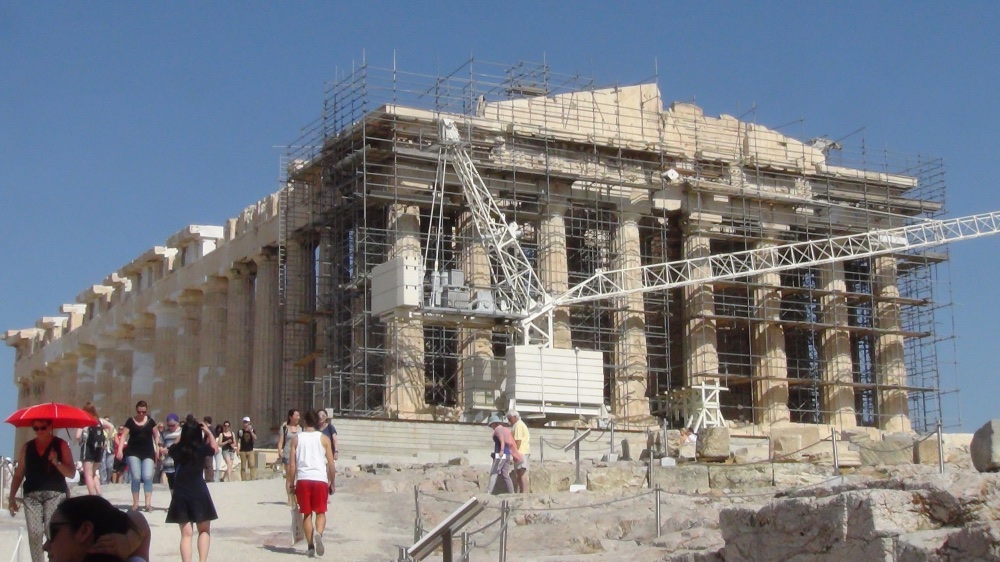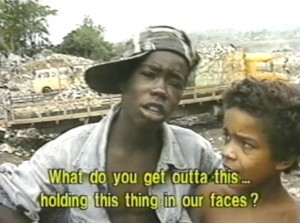Starting ‘Money Puzzles’
The thought can hardly be original, but visiting the Acropolis during a recent trip to Athens, I couldn’t help but see it as a symbol of the condition of Greece: under renovation, but work currently suspended. At the end of April, the liquidity crisis forced the government to stop payment on public works because the European funding they relied on has dried up. Greece is being punished by the obstinate, pig-headed, anti-democratic plutocracy of the EU and the IMF for the crime of electing the wrong government, a government that opposes austerity as an unworkable policy that creates unpayable debts and has indefensible consequences for the mass of the people. Read more


